Temple Continental
Philosophers for Our Time is a new series of short books from the William Temple Foundation. Within academic theology there is a growing interest in a range of Continental thinkers. Yet such thinkers can seem to be esoteric, voluminous and sometimes even openly hostile towards religion. Philosophers for Our Time aims to demystify some of these figures by providing accessible introductions to their work. Furthermore, our societies and our planet are facing some unprecedented challenges at the present time: from populism, technology and climate catastrophe to COVID, Me Too and Black Lives Matter. The philosophers that we consider in this series all have something prescient or profound to say about one or more of these contemporary challenges. As such, each book focusses on an individual thinker and an individual topic in order to offer a focussed account, not just of the philosopher themselves, and what they might mean for theology, but also of what they can contribute to one of the key issues of our generation.
- Temple Tracts: regular contributions to public and political theology and social ethics aimed at a general audience.
- Temple Ethical Futures: specific contributions addressing ecological and digital agendas and alternatives.
- Temple Continental: contributions of a more specialist nature engaging theological thought with the latest currents in continental philosophy and political theology.
- Temple Urban Tracts: reflections on urban ministry and mission for practitioners and church leaders in the run-up to the fortieth anniversary of the 1985 report Faith in the City.
There is no financial charge to download any of our Temple Tracts, but we do ask for donations as a contribution to our costs and your email address (so that we can send you our quarterly newsletter). Please click on Yes, I’d like to donate now after your download. Your details will be held securely and never sold on, and you can unsubscribe at any time.
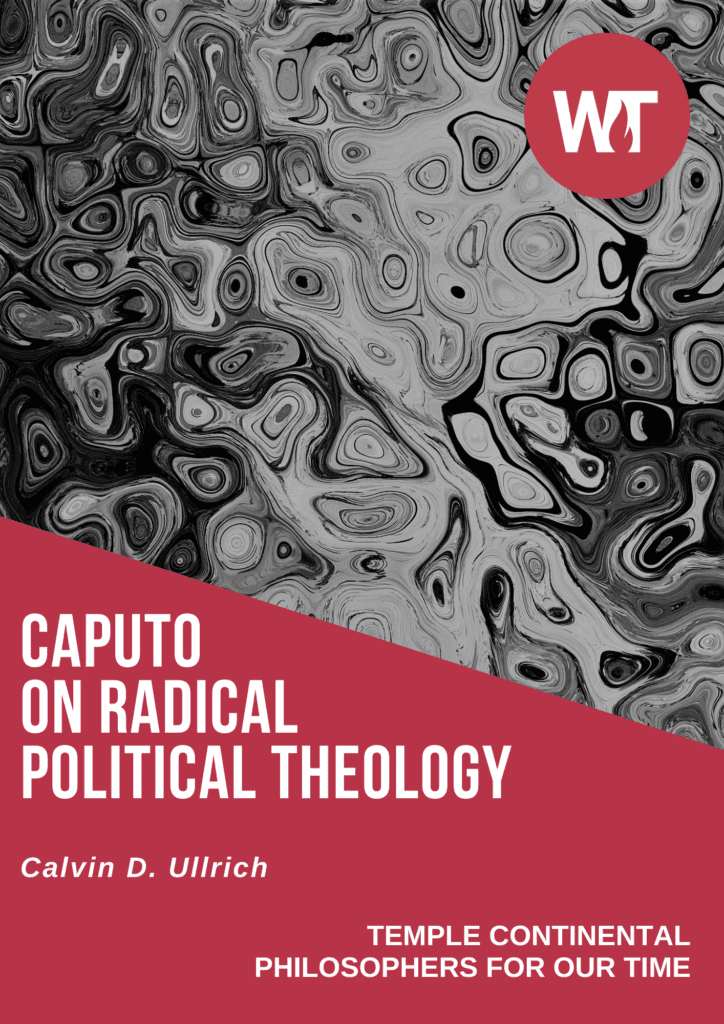
Caputo on Radical Political Theology (2022)
Calvin D. Ullrich
In our first tract of 2022, Calvin Ullrich proposes that the reinventions of radical theology have important political consequences, focussing on the American philosopher and theologian John Caputo. He introduces some of Caputo’s key ideas: the notion of events, God’s weakness and insistence, and the importance of theopoetics. Ullrich’s argument is that this radical theology challenges us to think of a God without sovereignty, and therefore to imagine a very different politics.
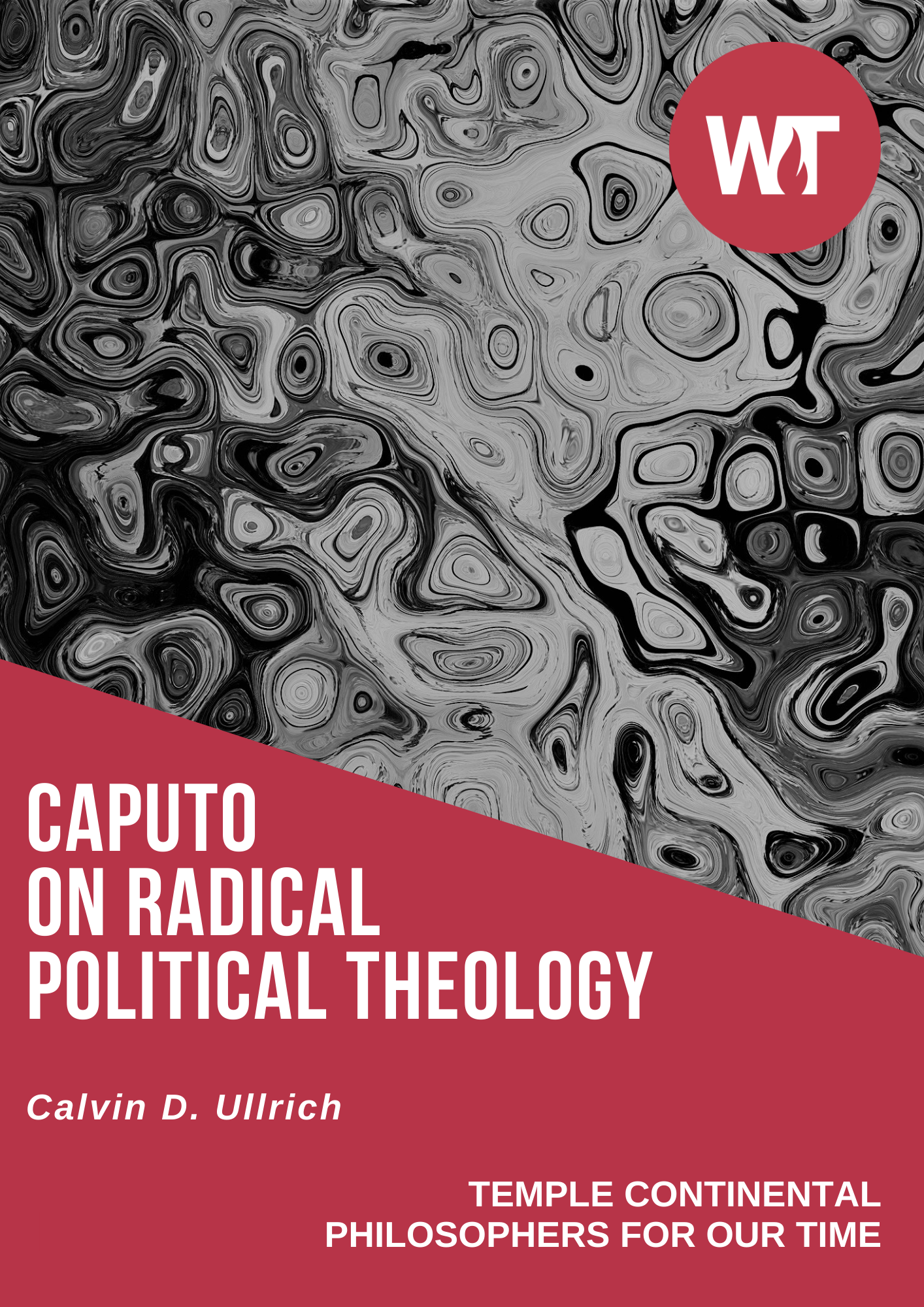
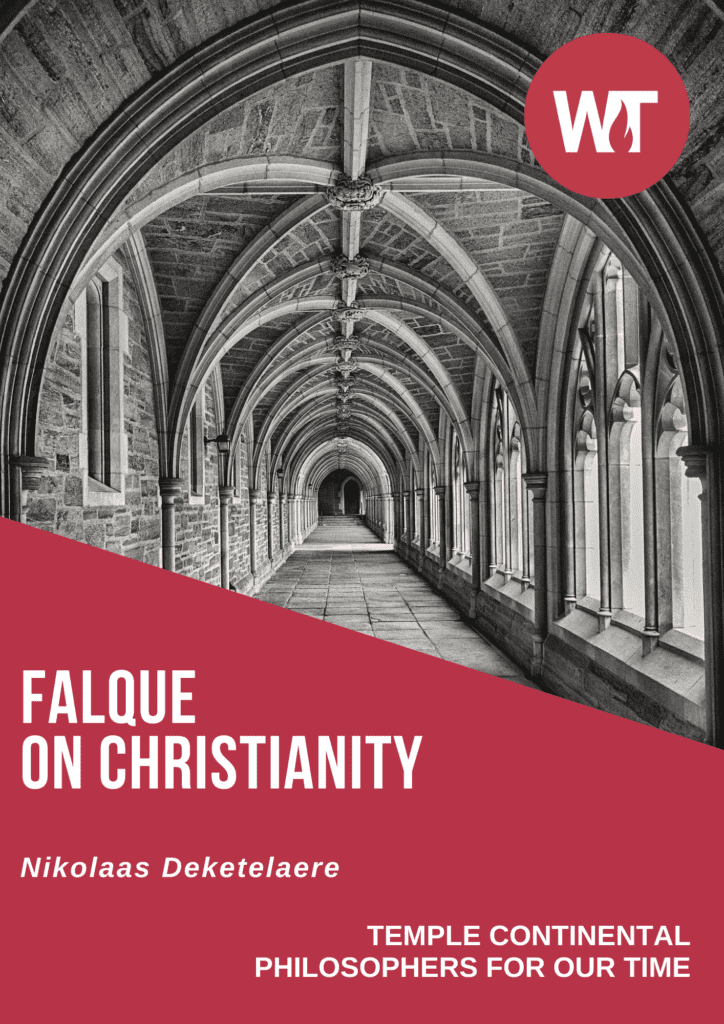
Falque on Christianity (2021)
Nikolaas Deketelaere
Here, Nikolaas Deketelaere introduces the work of contemporary philosopher Emmanuel Falque. In particular, Deketelaere highlights Falque’s interest in the question of what it means to be a Christian thinker today—especially in the secular world of Western academia. Falque’s philosophy operates within the atheist framework of the ‘horizon of finitude’, and yet theological themes, for Falque, reveal something about what it means to be truly human. For Falque, engagement with religion is not about making philosophy more theological, but about doing better philosophy.
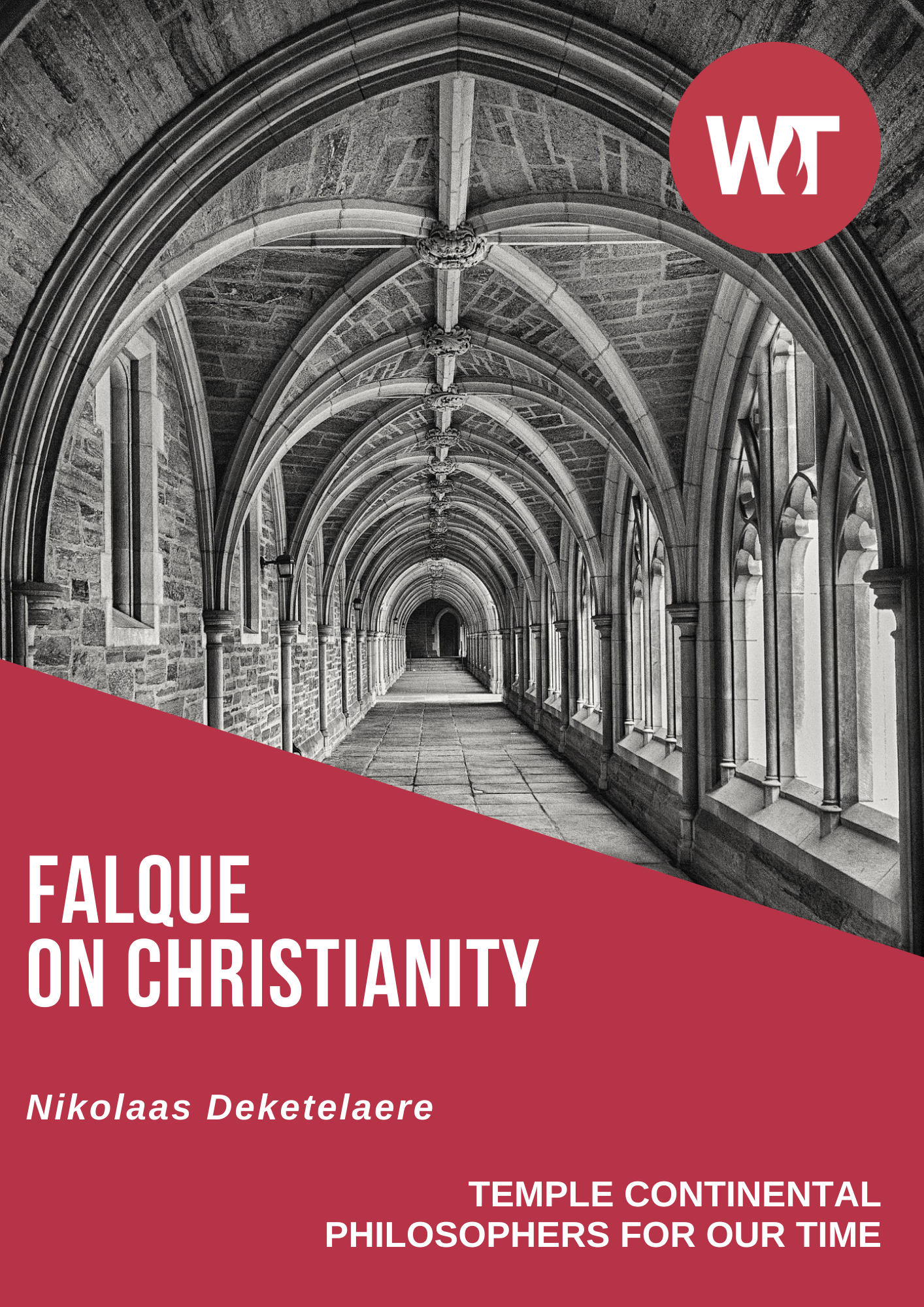

Serres on Education (2021)
Iris van der Tuin & Anouk Zuurmond
In this latest contribution to Temple Continental: Philosophers for our Time, Iris van der Tuin and Anouk Zuurmond introduce readers to the French philosopher Michel Serres, and his thinking on education. They cover the ‘disparateness’ of knowledge in an internet age, the ‘voyage’ of pedagogy, the inequalities inscribed in institutions, the need for education outside as much as in a library, and the importance of interdisciplinarity. For Serres, education is perhaps best compared to swimming mid-stream as one attempts to cross a river.
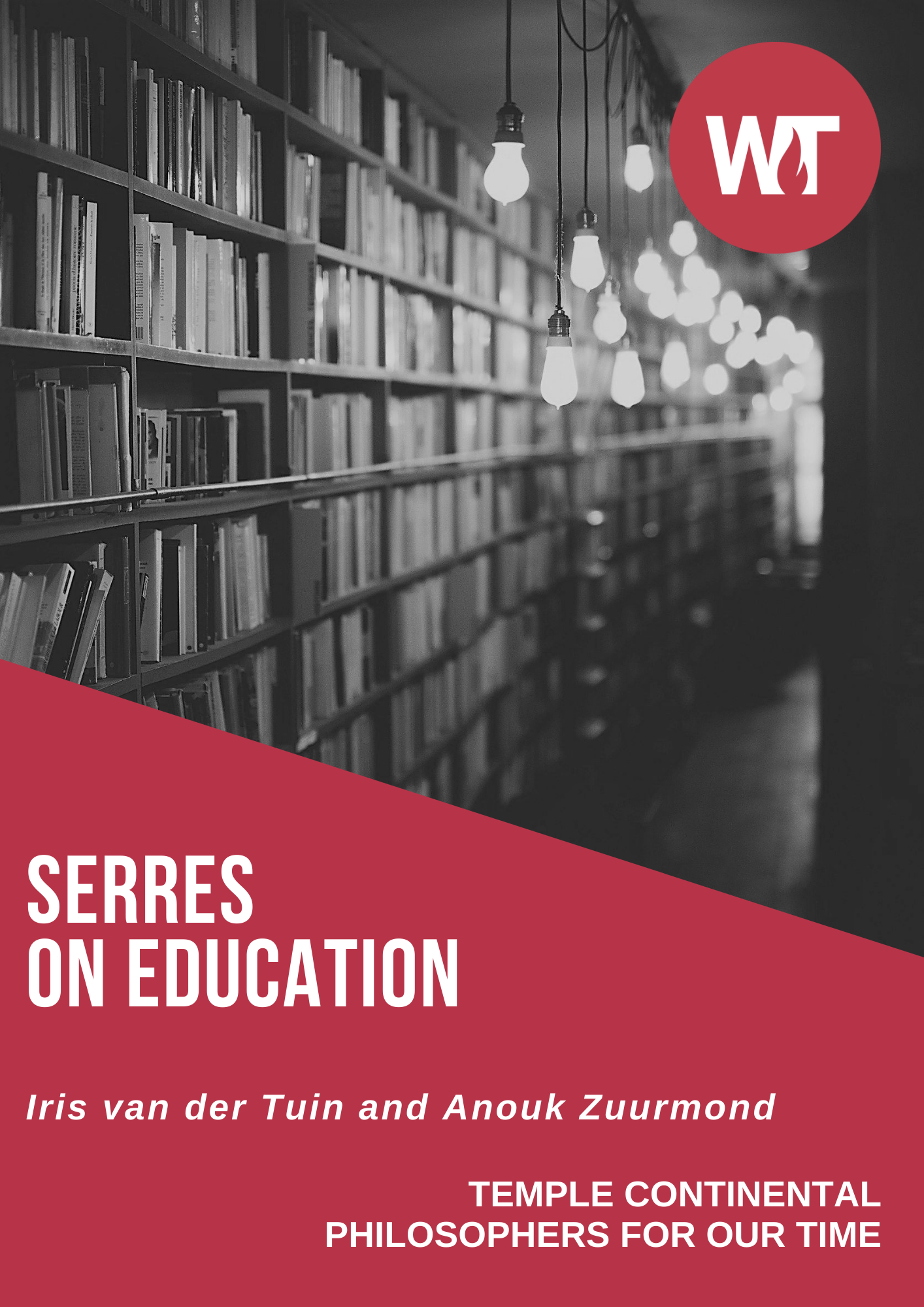
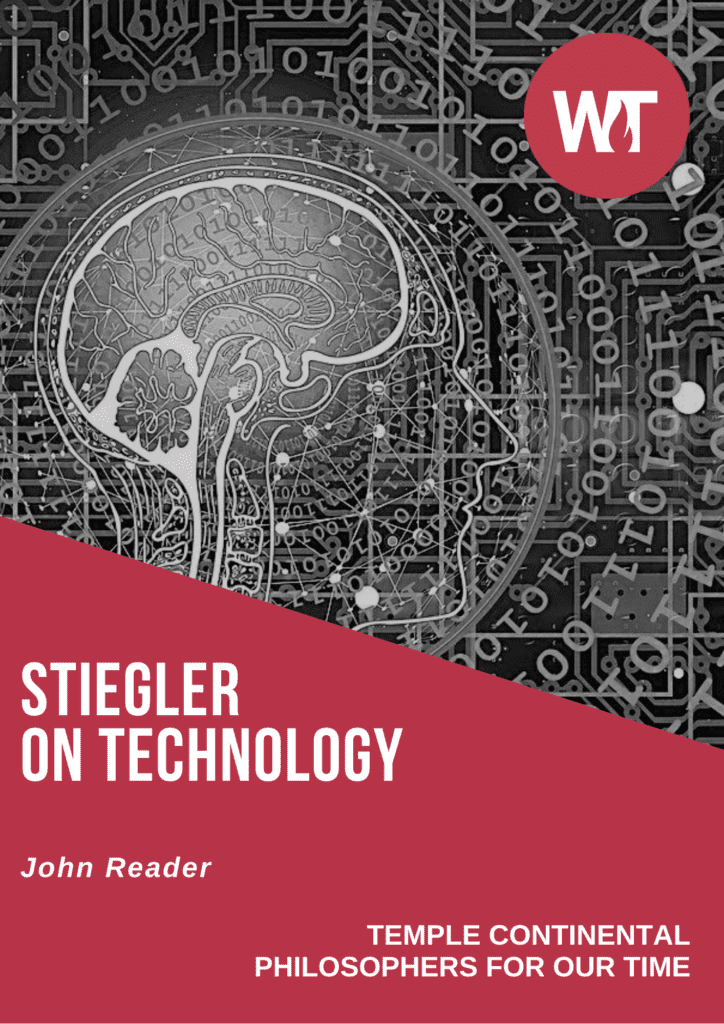
Stiegler on Technology (2020)
John Reader
On August 7th 2020 the sad news came through that the French philosopher Bernard Stiegler had died the previous day. In the third of our series Temple Continental: Philosophers for our Time, John Reader illustrates why he was one of the leading thinkers of his generation. From his formative time in prison to his voluminous and inventive philosophy, Stiegler had much to say about our contemporary situation, and especially our use of digital technology. Here, Reader provides an accessible introduction to his thought via the categories of technics, knowledge and the human.
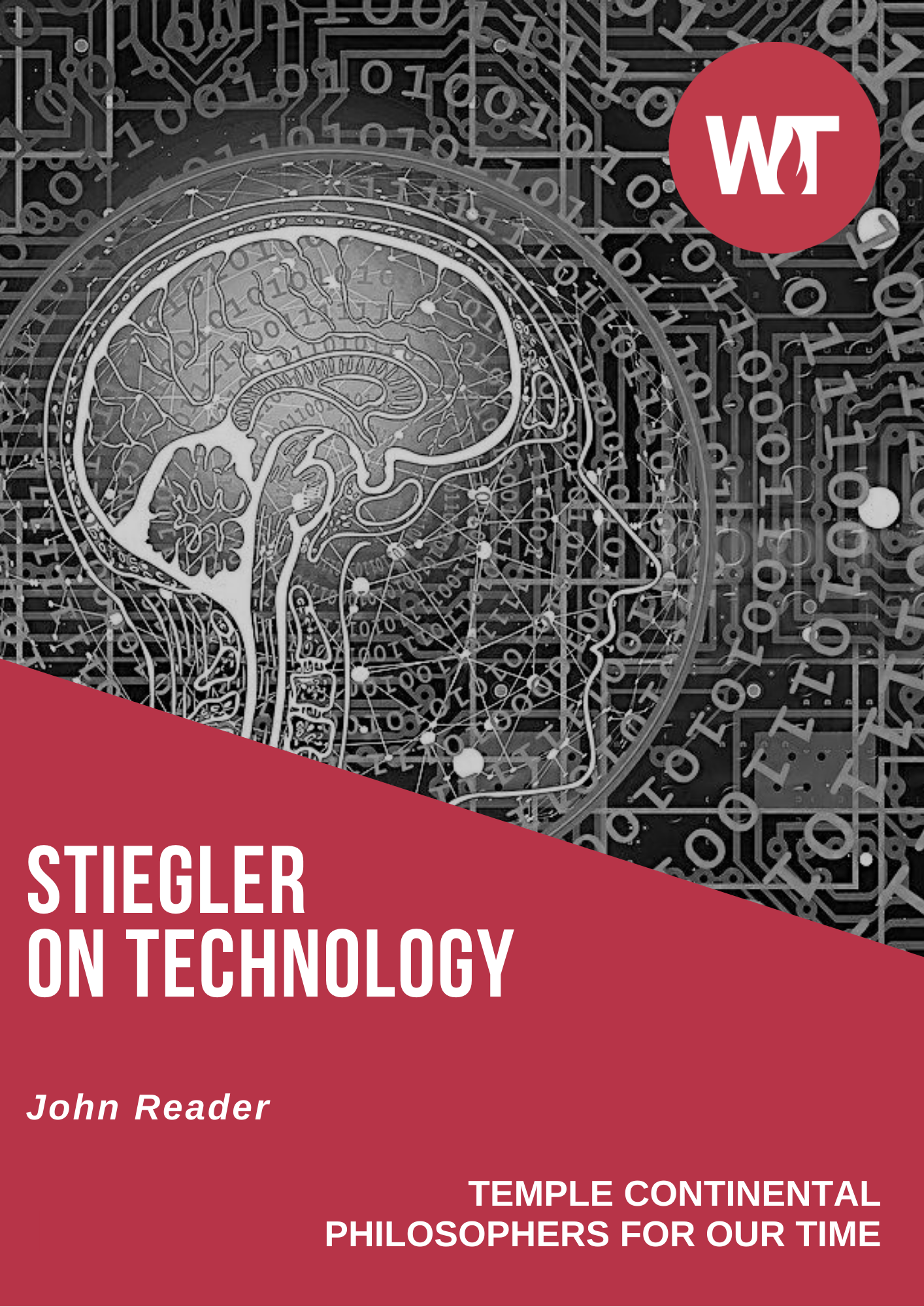
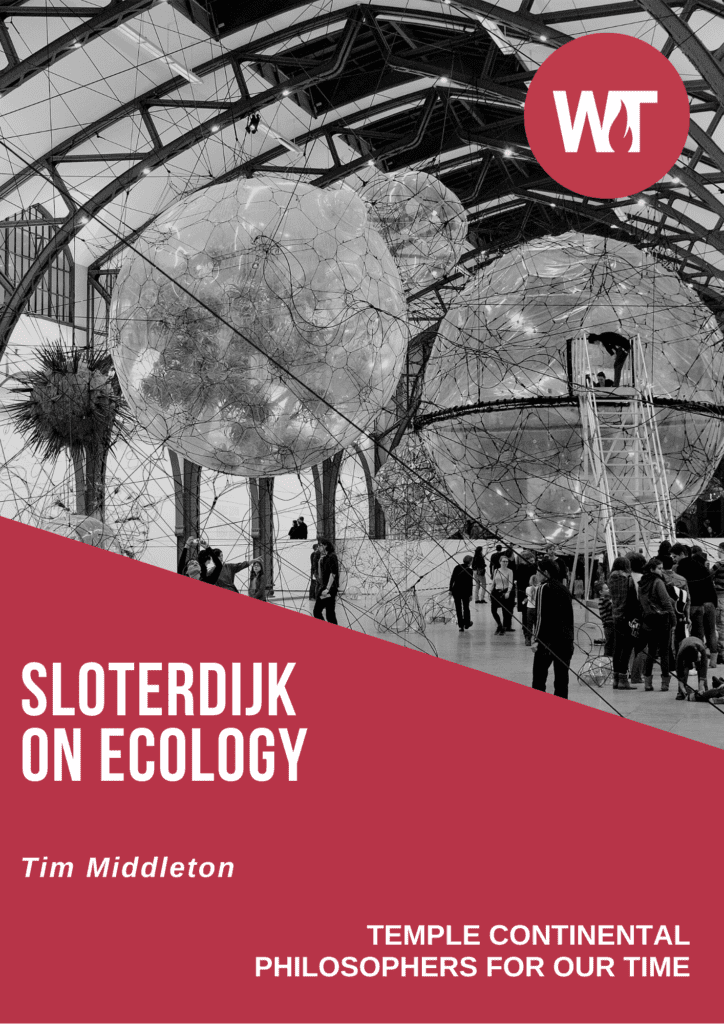
Sloterdijk on Ecology (2020)
Tim Middleton
In this instalment of our new series Temple Continental: Philosophers for our Time Tim Middleton introduces the “spherical philosophy” of the provocative thinker Peter Sloterdijk. From bubbles and eggs to globes and foam, much of life can be imagined as the inhabiting of spheres. Middleton then turns to what theology might learn from this philosophy in an era of ecological breakdown. Considering our current crisis, can we really contemplate a literal or metaphorical escape capsule? As our planet comes back to bite us, how might we seek protection from and simultaneously learn to live within our morally ambiguous earth? And can theology help us to inhabit our local and global spheres concurrently?

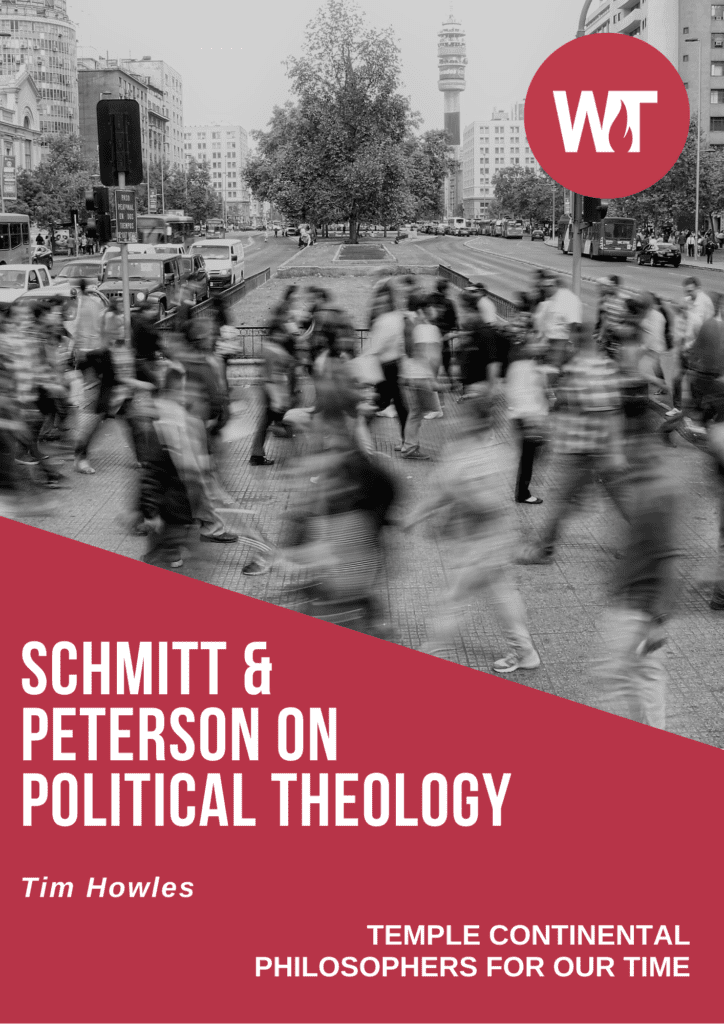
Schmitt & Peterson on Political Theology (2020)
Tim Howles
In this first tract of our new series—Temple Continental: Philosophers for our Time—Tim Howles hones in on a specific twentieth century debate between the political theorist Carl Schmitt and the theologian Erik Peterson which arguably lies at the heart of contemporary interest in political theology. Howles introduces the protagonists, and outlines the debate, before going on to explore how the work of Schmitt and Peterson is relevant to issues as diverse as totalitarianism, voter apathy, the post-secular public sphere and critiques of capitalism.
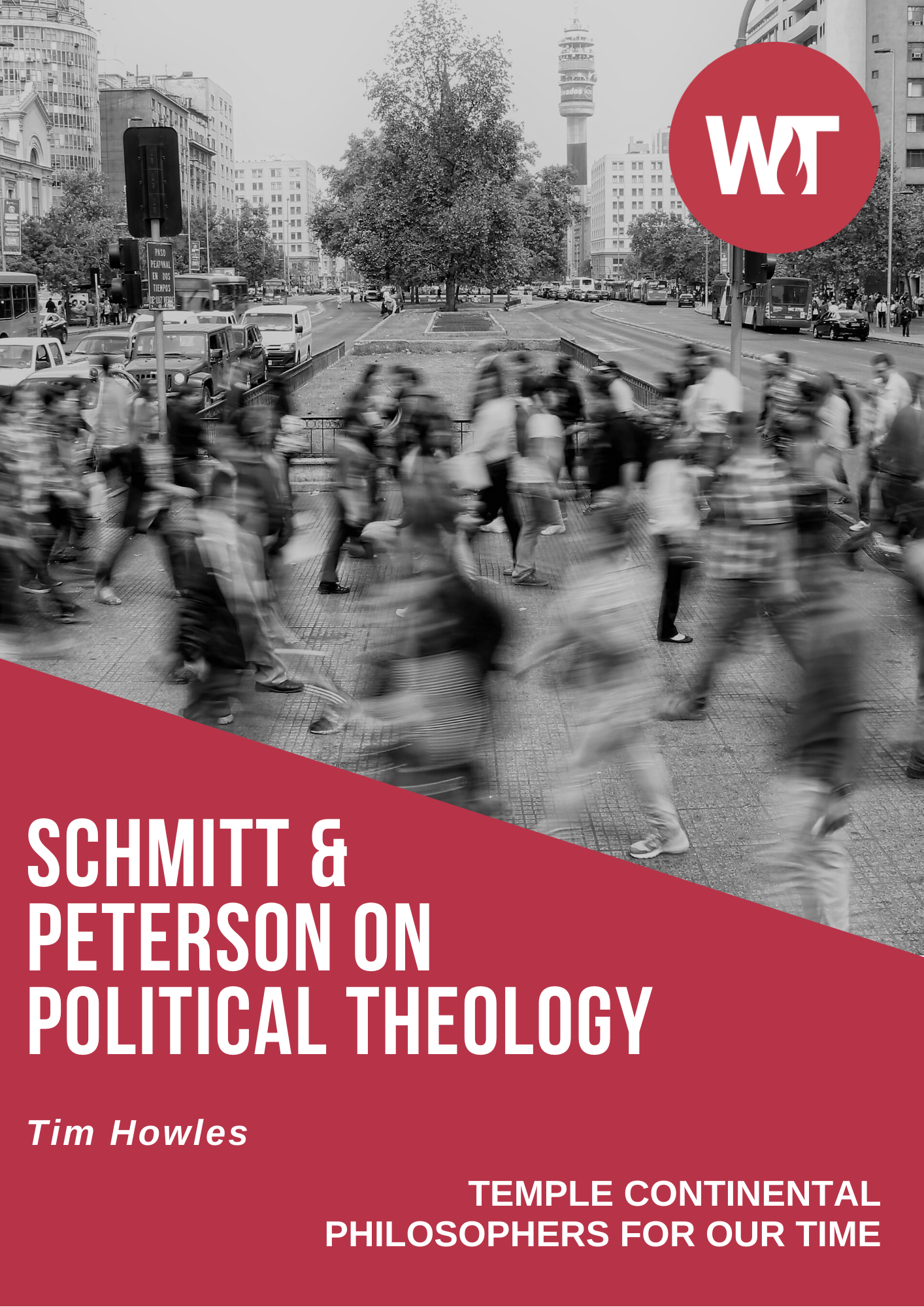
.